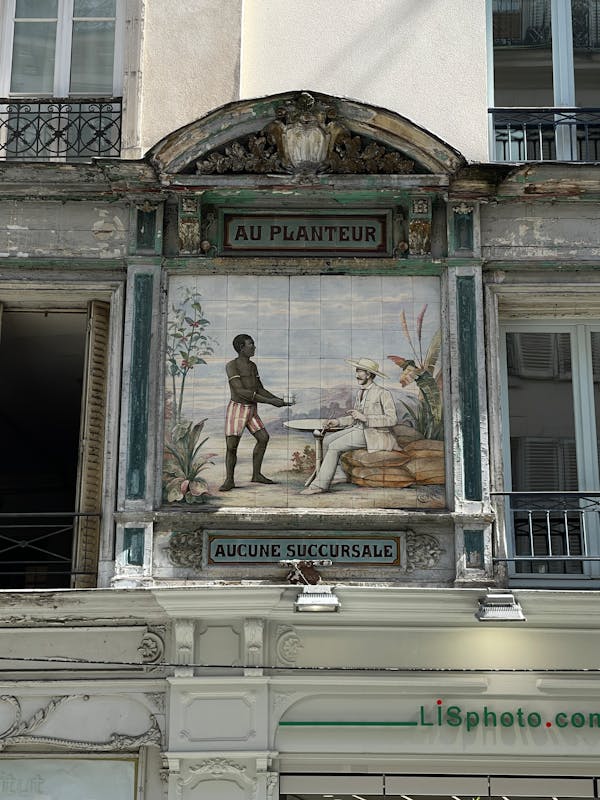Literature in the Postcolonial World: Voices of Identity and Liberation
The postcolonial world has given rise to a rich and diverse body of literature that grapples with the complex legacies of colonialism, the quest for identity, and the struggle for liberation. Writers from former colonies have used literature as a means to confront the historical injustices of colonial rule and to explore the multifaceted dimensions of cultural and national identity. In this academic note, we examine the key features and contexts of postcolonial literature.
1. The Emergence of Postcolonial Literature:
Historical Background: Postcolonial literature emerged in the aftermath of decolonization, as countries and regions once under colonial rule gained their independence. This literature often addresses the experiences of colonized peoples during and after colonialism.
Cultural Reclamation: Many postcolonial writers sought to reclaim their cultural heritage, which had been suppressed or distorted by colonial powers. This reclamation is a central theme in postcolonial literature.
Multilingualism and Diverse Influences: Postcolonial literature is marked by its linguistic diversity, as many writers incorporate indigenous languages, colonial languages, and local dialects into their work. It draws from a wide range of literary traditions and cultural influences.
2. Key Features of Postcolonial Literature:
Cultural Hybridity: Postcolonial literature often explores the concept of cultural hybridity, where multiple cultural identities intersect and blend. This hybridity reflects the complex lives of those living in postcolonial societies.
Resistance and Liberation: Many postcolonial texts focus on the theme of resistance and liberation. Writers explore the struggles against colonial oppression and the desire for freedom and self-determination.
Oral Traditions and Storytelling: Postcolonial literature frequently draws on oral traditions and storytelling techniques, incorporating folklore, myths, and legends to convey cultural and historical narratives.
3. Notable Postcolonial Authors and Works:
Chinua Achebe (Nigeria): Achebe's "Things Fall Apart" is a seminal work that examines the impact of colonialism on Igbo society and culture.
Salman Rushdie (India): Rushdie's "Midnight's Children" is a blend of magical realism and historical narrative, offering a postcolonial perspective on India's history.
Ngũgĩ wa Thiong'o (Kenya): Ngũgĩ's "Decolonising the Mind" explores the role of language in the process of decolonization and cultural reclamation.
Arundhati Roy (India): Roy's "The God of Small Things" delves into the intricacies of caste, colonialism, and family in post-independence India.
4. Thematic Exploration:
Colonialism and Its Legacy: Postcolonial literature critically examines the lasting impact of colonialism on culture, society, and individual identity.
Identity and Belonging: The quest for identity and a sense of belonging are central themes, as characters grapple with the complexities of their cultural heritage and the demands of modern life.
Injustice and Resistance: Many postcolonial works confront the injustices of colonial rule and explore the ways in which individuals and communities resist oppression.
5. Global Influence:
Postcolonial literature has gained global recognition and has influenced literary traditions worldwide. It has expanded the boundaries of literature, offering fresh perspectives on history, identity, and power dynamics.
In conclusion, postcolonial literature serves as a powerful vehicle for the voices and experiences of formerly colonized peoples. It offers a lens through which to examine the ongoing complexities of postcolonial societies, celebrating cultural diversity, critiquing historical injustices, and charting the path toward a more inclusive and equitable world.
